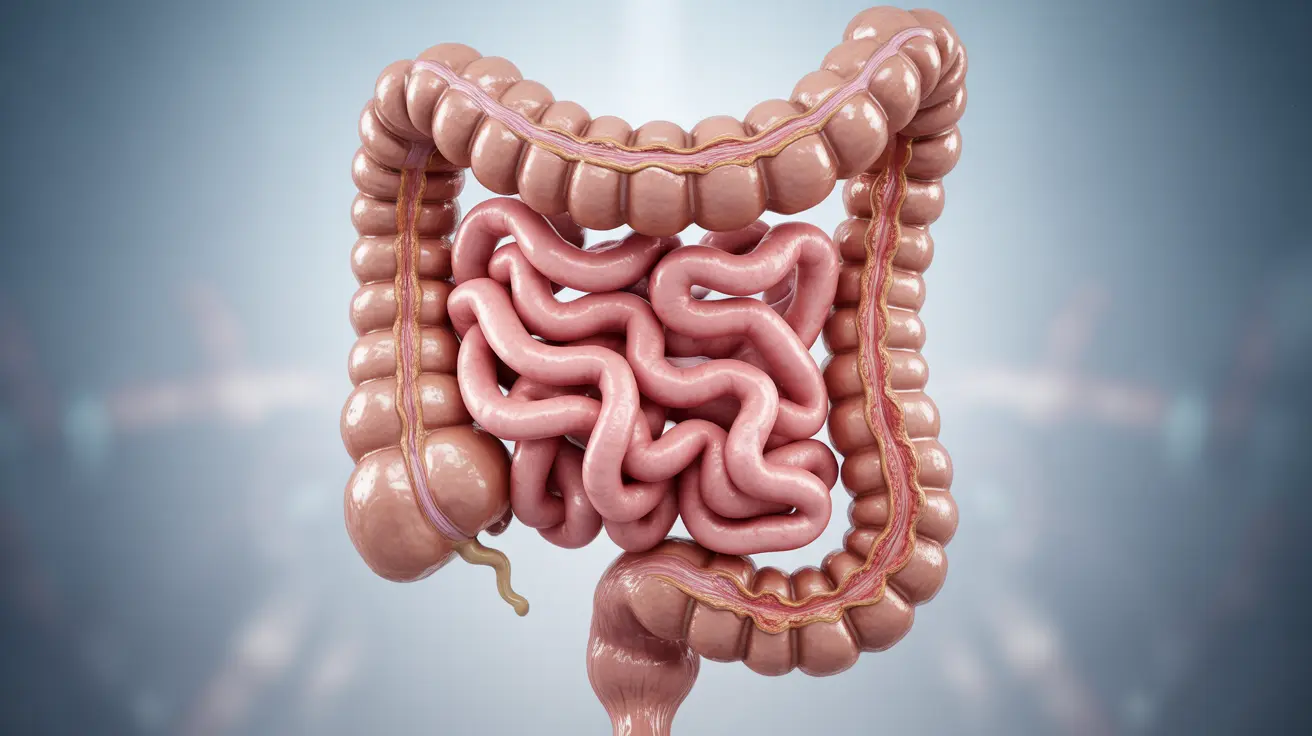If you're constantly asking yourself "why am I constipated all the time," you're not alone. Chronic constipation affects millions of Americans and can significantly impact quality of life. Understanding the underlying causes and available treatment options is crucial for finding effective relief.
In this comprehensive guide, we'll explore the various factors contributing to persistent constipation and discuss evidence-based solutions to help restore regular bowel movements.
Common Causes of Chronic Constipation
Chronic constipation can stem from multiple factors, often working in combination to disrupt normal bowel function:
Dietary Factors
Poor dietary choices frequently contribute to chronic constipation. A diet low in fiber and high in processed foods can slow down digestive transit. Additionally, inadequate fluid intake can make stools harder and more difficult to pass.
Lifestyle Issues
Modern sedentary lifestyles often contribute to constipation. Regular physical activity helps stimulate intestinal muscles and promotes healthy bowel movements. Ignoring the urge to have a bowel movement or maintaining irregular bathroom habits can also lead to chronic issues.
Medical Conditions
Several underlying health conditions can cause persistent constipation:
- Irritable Bowel Syndrome (IBS)
- Hypothyroidism
- Neurological conditions
- Pelvic floor disorders
- Diabetes
Understanding Transit Time and Constipation Types
Constipation can be categorized based on how quickly food moves through your digestive system:
Normal-Transit Constipation
In this type, food moves through the digestive system at a normal pace, but there are difficulties with the actual process of passing stools. This might be due to pelvic floor problems or issues with rectal coordination.
Slow-Transit Constipation
This form involves significantly delayed movement of waste through the colon. It often requires more intensive medical intervention and may be related to nerve or muscle problems in the digestive tract.
Medication-Related Constipation
Various medications can contribute to chronic constipation:
- Opioid pain medications
- Antidepressants
- Iron supplements
- Blood pressure medications
- Antacids containing calcium or aluminum
If you suspect your medications are causing constipation, consult your healthcare provider about possible alternatives or additional treatments to manage this side effect.
When to Seek Medical Help
While occasional constipation is common, certain symptoms warrant immediate medical attention:
- Severe abdominal pain
- Blood in stools
- Unexplained weight loss
- Persistent changes in bowel habits
- Constipation that doesn't respond to lifestyle changes
Frequently Asked Questions
What are the common causes of chronic constipation, and how can lifestyle changes help manage it?
Common causes include poor diet, lack of physical activity, and ignoring bowel movements. Lifestyle changes such as increasing fiber intake, staying hydrated, exercising regularly, and maintaining consistent bathroom habits can significantly improve symptoms.
How do dietary changes, especially increasing fiber intake, affect constipation symptoms?
Increasing fiber intake helps bulk up stools and draws water into the intestines, making bowel movements easier. Aim for 25-30 grams of fiber daily through fruits, vegetables, whole grains, and legumes. Gradually increase fiber intake to avoid digestive discomfort.
Can certain medications, such as opioids or antidepressants, cause constipation, and what alternatives are available?
Yes, many medications can cause constipation. While alternatives may not always be available, your doctor can prescribe specific treatments to counteract these side effects or adjust dosages to minimize impact on bowel function.
What are the differences between normal-transit and slow-transit constipation, and how are they treated?
Normal-transit constipation involves regular movement through the digestive system but difficulty with evacuation, often treated with pelvic floor therapy and lifestyle changes. Slow-transit constipation involves delayed movement through the colon and may require medication or, in severe cases, surgical intervention.
When should I seek medical attention if I have persistent constipation that doesn't improve with lifestyle or dietary changes?
Seek medical attention if constipation persists beyond three weeks despite lifestyle changes, or if you experience severe pain, bleeding, unexplained weight loss, or significant changes in bowel habits. These could indicate more serious underlying conditions requiring professional evaluation.




